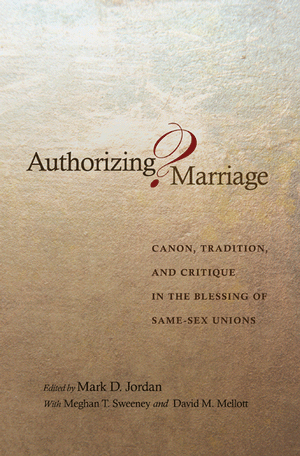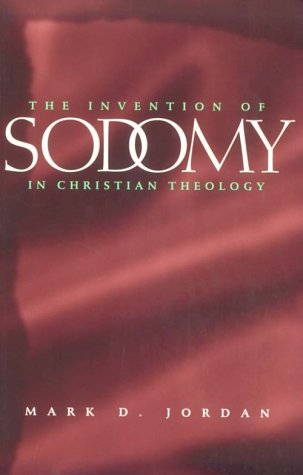Though the material for this project was introduced primarily through Summer Academy and assigned readings, we must return to GLBT Week 2006 as the beginning place of a shift that has taken place in my thought. I am not sure that I had ever heard the term "heterosexism" before Mary Hunt introduced it in her lecture entitled "Feminist Theo-ethics: queering imagination and action." But as I made preparations for the new LTS Allies website and digitized the available lectures given at previous GLBT Week celebrations, I found "heterosexism" to be a term that had also emerged in the language of Christine Smith and Virginia Ramey Mollenkott in preceding years. Patricia Beattie Jung and Ralph F. Smith define heterosexism as "a reasoned system of bias regarding sexual orientation which denotes prejudice in favor (privilege) of heterosexual people and prejudice against bisexual and particularly homosexual people" in matters of law, economics, politics, custom, ethics, religious life and commerce (13, 14). These authors are very careful to distinguish between homophobia – an unreasoned and irrational fear/hatred of homosexuals – and heterosexism, which implies no fear at all, but instead the privilege afforded to perceived heterosexuals over their queer neighbors. Within the discourse of the LTS community we have made a point of strongly urging people to speak of heterosexism rather than homophobia. [Instructor Comment: I hope many hear this message!]
Tag: Mark D. Jordan
Reflections on Authorizing Marriage?
In the volume Authorizing Marriage?: canon, tradition, and critique in the blessing of same-sex unions, authors from the Jewish and Christian perspectives were asked to reflect on a set of questions regarding voices within the Judeo-Christian canon which may speak to questions of same-sex relations (including erotic union), bases for justifying same-sex unions from scripture, liturgical practice and religious law, and the possible ways of using exegesis and theological reflection to legitimate any new same-sex constructs (Jordan 1). The authors approach their work from several points of view: biblical interpretation, Greek philosophical influences within Rabbinic Judaism and Christianity, liturgical rites associated with marriage, and theological assessments of current discourse surrounding same-sex relationships (Jordan 1-2). What follows are a few reflections sparked by the essays in this volume.
Reflections on The Invention of Sodomy
In The Invention of Sodomy Mark Jordan traces the roots of the term Sodomy from its first appearance in the Middle Ages through a complex evolution witnessed in various religious texts over three centuries. Jordan begins his work by asserting that "the category ‘Sodomy’ [is] problematic no matter where or how it is used" (6). Based on the context provided by each of the texts selected, we find quickly that the meaning of the word Sodomy varies widely.

